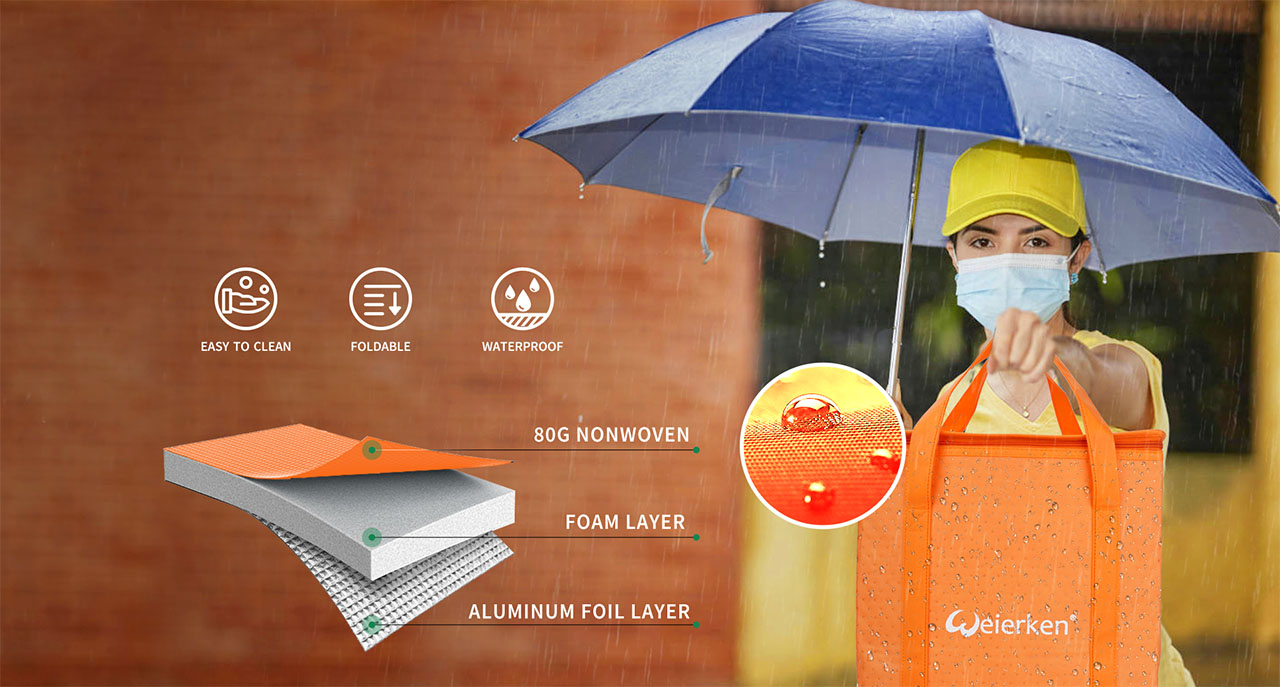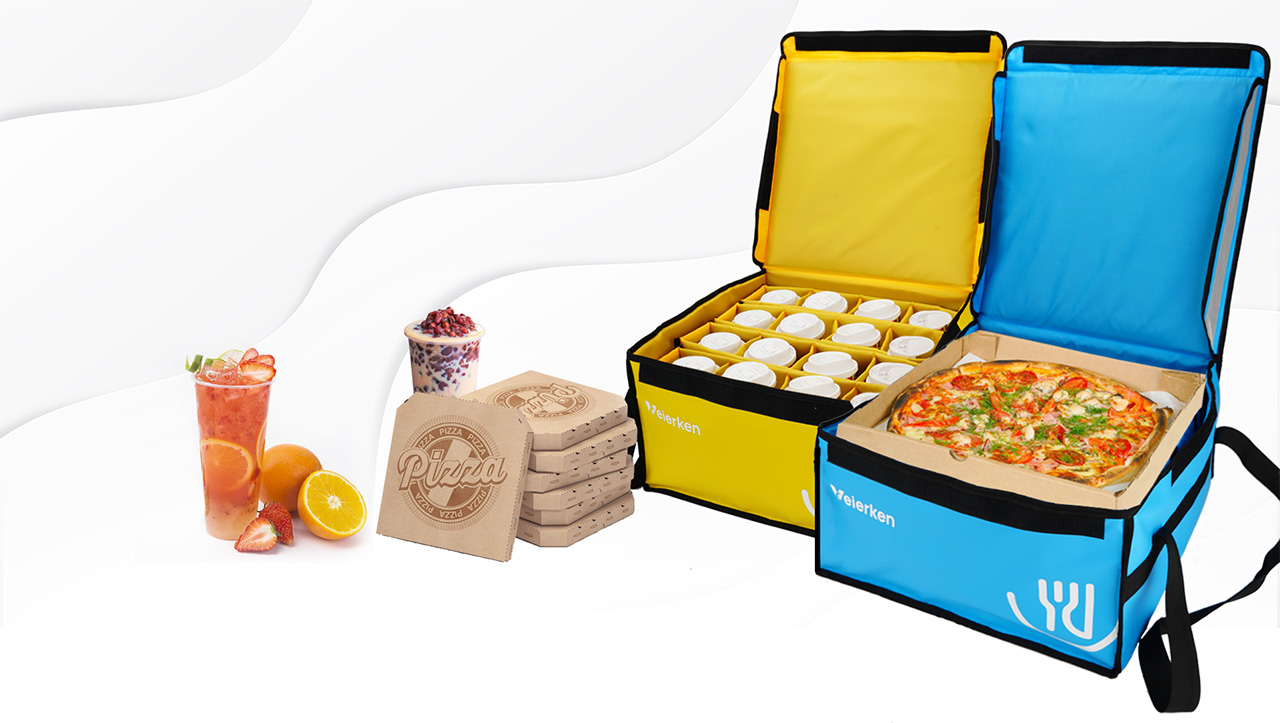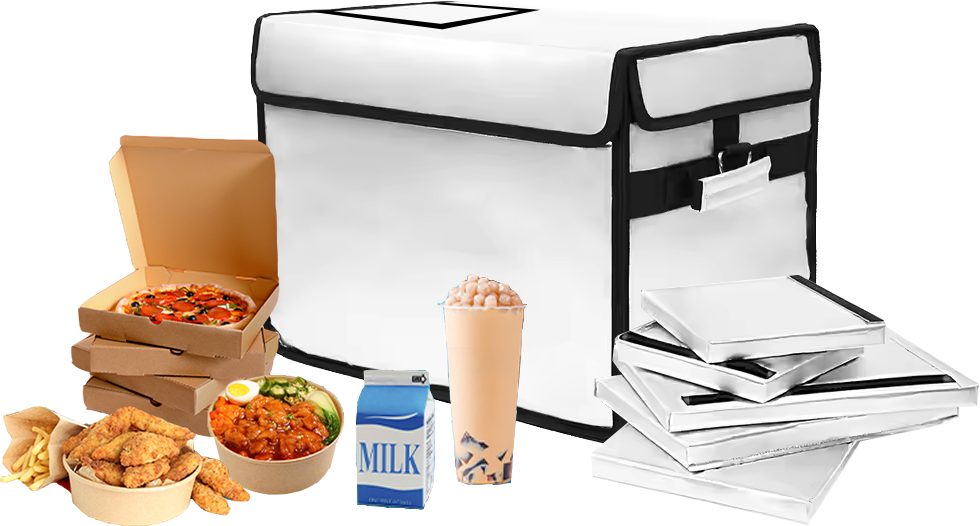For B2B buyers, sourcing the right product is more than just finding a supplier; it’s about forging a partnership that ensures product quality, supply chain stability, and market success. When it comes to a canoe bag bulk order, the choice of material is arguably the most critical decision, directly impacting durability, functionality, cost, and brand perception. This isn’t a lifestyle guide for end-consumers; this is a strategic deep dive for procurement managers, product developers, and brand owners in the luggage and outdoor gear industry.
At Weierken, with our extensive experience in OEM and ODM services, we understand that a successful bulk order hinges on a precise understanding of material science and its commercial implications. This guide provides a comprehensive, industry-focused comparison of five key materials, framed within the essential context of manufacturing, compliance, and value-driven procurement.
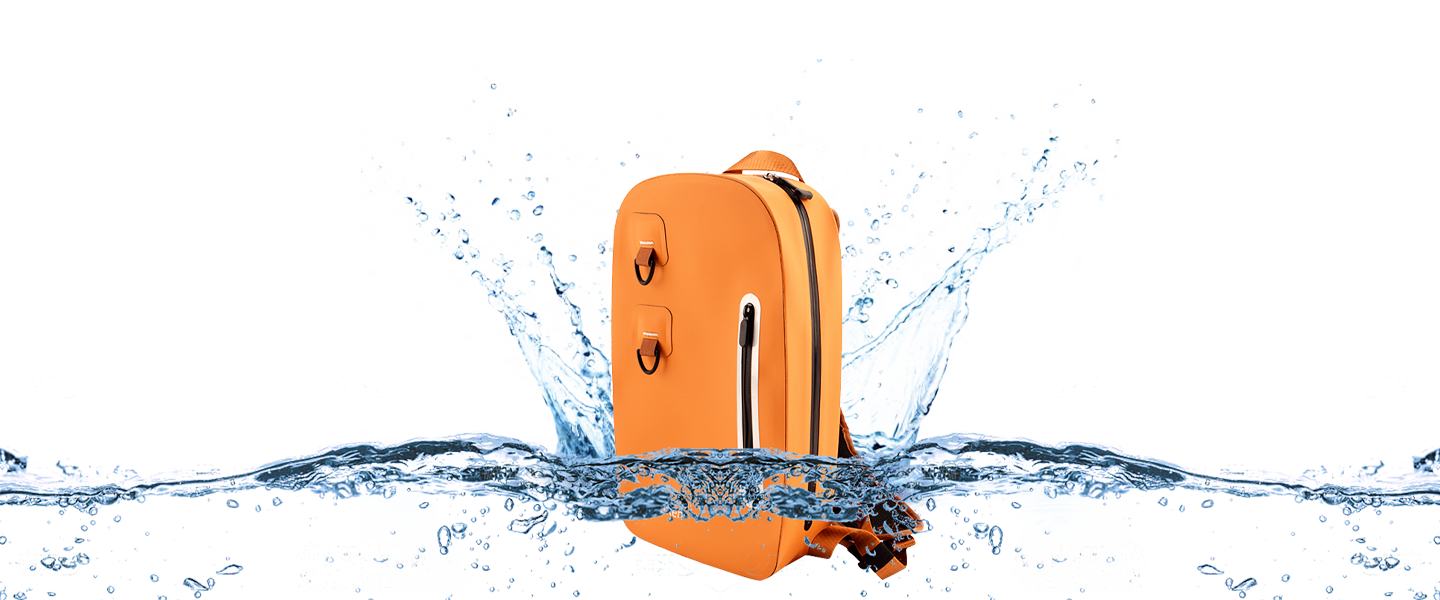
The Core of Your Product: Why Material Choice Dictates Commercial Success
Selecting a material for a custom canoe bag is not an aesthetic choice alone. It’s a decision that reverberates through your supply chain, marketing claims, and end-user satisfaction. Common B2B pain points include:
- Product Failure in the Field: Returns and warranty claims from bags that tear, delaminate, or fail at the seams during rigorous use.
- Cost Overruns: Unexpected expenses from material waste, low production yield, or choosing an over-specified fabric for the application.
- Compliance and Shipping Delays: Rejected shipments due to failure to meet international safety or environmental standards, disrupting launch timelines.
- Brand Reputation Damage: Negative reviews from consumers experiencing premature wear or ethical concerns about material sourcing.
A strategic approach to your canoe bag bulk order mitigates these risks. It aligns material properties with target market, use-case scenarios, and price points.
A Detailed Comparison of 5 Key Materials for Your Canoe Bag Bulk Order
Here, we dissect five prominent materials, moving beyond marketing jargon to their tangible manufacturing and performance attributes.
1. PVC (Polyvinyl Chloride)
- Overview & Common Use Cases: PVC is a traditional, cost-effective material often used for entry-level or promotional custom canoe bags. It’s suitable for products where ultimate durability is less critical than upfront cost.
- Key Parameters & Pain Points: Typically offered in deniers like 500D or 1000D with a PVC coating. The primary pain point is its environmental profile and performance. It lacks breathability, can become stiff and brittle in cold temperatures, and contains plasticizers that may raise regulatory concerns. Its weight-to-strength ratio is less favorable than modern alternatives.
- Manufacturing & Brand Value: While easy to weld and fabricate, its use is increasingly at odds with modern sustainability trends. Brands using PVC may face scrutiny from environmentally conscious consumers.
2. TPU (Thermoplastic Polyurethane)
- Overview & Common Use Cases: TPU represents a significant upgrade from PVC and is the current industry standard for mid-to-high-performance canoe bags. It offers an excellent balance of flexibility, clarity, and durability.
- Key Parameters & Pain Points: TPU is inherently more flexible and resistant to cold cracking than PVC. It is also more environmentally friendly, as it does not require chlorinated plasticizers. Laminates like 500D polyester with a TPU film coating are common. The main pain point is a higher cost than PVC, but it’s a justifiable investment for quality-focused brands.
- Manufacturing & Brand Value: TPU is highly reliable in high-frequency RF (Radio Frequency) welding processes, ensuring strong, waterproof seams. For brands like Weierken working on ODM projects, TPU is often the recommended baseline for creating a reliable, market-ready product.
3. Nylon (e.g., 500D or 1000D with Coating)
- Overview & Common Use Cases: Nylon fabrics, known for their high tensile and tear strength, are the backbone of rugged, technical canoe bags. They are ideal for outdoor professionals, white-water enthusiasts, and gear that must withstand abrasion against rocks and rough surfaces.
- Key Parameters & Pain Points: Denier (D) indicates thread density; a 1000D nylon is thicker and more abrasion-resistant than 500D. The critical factor is the coating (PU or TPU) applied to make it waterproof. A potential pain point is that the coating can degrade over time (hydrolysis) if not of high quality. Nylon is generally more expensive than polyester.
- Manufacturing & Brand Value: Its exceptional strength allows for creative, load-bearing designs. For a custom canoe bag designed for extreme conditions, a high-denier nylon fabric is often the undisputed choice.
4. Polyester (with PU or TPU Coating)
- Overview & Common Use Cases: Polyester is the most widely used fabric in the bag industry due to its excellent all-around properties. It’s highly resistant to UV degradation and moisture absorption, making it perfect for canoe bags that will be exposed to prolonged sunlight and humidity.
- Key Parameters & Pain Points: Compared to nylon, polyester has higher UV resistance, lower water absorption (so it dries faster and doesn’t become water-logged), and is generally more cost-effective. Its tear strength is slightly lower than nylon of the same denier. A 600D polyester can often offer a performance similar to 500D nylon at a better price point.
- Manufacturing & Brand Value: Polyester is stable, consistent, and excellent for printing and dyeing, making it a versatile canvas for brand colors and logos. It’s the workhorse material for high-volume bulk orders that require a dependable balance of performance and cost.
5. Tarpaulin & Specialized Laminates
- Overview & Common Use Cases: This category includes heavy-duty materials like truck tarpaulin or advanced laminated fabrics like Hyperlite. They serve niche markets: tarpaulin for ultra-durable, almost indestructible utility bags, and laminates for ultralight, packable premium products.
- Key Parameters & Pain Points: Tarpaulin is extremely tough but heavy and less pliable, complicating the customization process. Advanced laminates offer incredible weight savings and waterproofness but at a premium cost and often with a trade-off in abrasion resistance.
- Manufacturing & Brand Value: These materials are for brands targeting specific, knowledgeable segments. Manufacturing requires specialized equipment and expertise. Sourcing these for a canoe bag bulk order requires a manufacturer with proven experience in handling these specific fabrics.
Beyond Material: Universal Procurement Factors for Your Bulk Order
The material is the foundation, but a successful partnership and product require a holistic view of the supplier’s capabilities.
Research & Development (R&D) and OEM/ODM Support
A true manufacturing partner offers more than just production. Weierken‘s R&D capability begins with market research, helping you identify trends and gaps. Our design support team can translate your concept into a manufacturable design, optimizing for material usage and production efficiency. The sampling and iteration process is crucial; we provide precise prototypes for your evaluation, ensuring every detail from stitch type to buckle strength is perfect before mass production commences. Whether you need straightforward OEM production or full ODM service to create a unique product line, this end-to-end support is invaluable.
Environmental Compliance and Sustainable Sourcing
The global push for sustainability is a core business reality. Key certifications and materials are no longer “nice-to-have” but are often mandatory for entering certain markets.
- Recycled Materials: RPET (Recycled Polyethylene Terephthalate) is a leading choice, transforming plastic bottles into durable polyester yarns for fabrics. This offers a compelling green story for your brand.
- Certifications: The GRS (Global Recycled Standard) verifies the recycled content in your product. REACH compliance ensures the absence of harmful chemicals, which is critical for the European market. Social accountability audits like BSCI are increasingly requested by major brands to ensure ethical manufacturing practices.
- Sustainable Trends: Partnering with a manufacturer that is proactive in this area, like Weierken, future-proofs your supply chain and enhances your brand’s marketability.
Production Lead Time, Capacity, and Reliability
In a fast-moving market, speed and reliability are as important as cost. A clear understanding of delivery cycles is non-negotiable. A typical canoe bag bulk order at Weierken can have a lead time ranging from 25 to 65 days, depending on complexity, order quantity, and material availability. A critical factor is a supplier’s production capacity and their flexibility for peak season replenishment orders. Can they accommodate a sudden, large-volume order to restock your best-selling item? A robust supply chain and mature production planning are essential to prevent stock-outs and capitalize on sales momentum.
Quality Assurance and International Certifications
Trust is built on consistent quality. Reputable manufacturers back their processes with internationally recognized certifications.
- ISO 9001: This certifies a Quality Management System, ensuring processes are consistent and continuously improved.
- BSCI: Demonstrates a commitment to social compliance and ethical factory conditions.
- FDA/LFGB: For products that might come into contact with food (e.g., cooler bags or liners), these certifications are paramount.
These are not just plaques on the wall; they are a framework that guarantees the quality and safety of every custom canoe bag that leaves the factory.
Partnering for a Successful Market Launch
The journey of a canoe bag bulk order is complex, intertwining material science, manufacturing expertise, and strategic logistics. The choice between PVC, TPU, Nylon, Polyester, or a specialized fabric will fundamentally shape your product’s identity and performance. However, this decision must be made in concert with a manufacturing partner that possesses the R&D capability, environmental compliance, and production rigor to bring your vision to life reliably and at scale.
At Weierken, we specialize in navigating these complexities with our clients. We invite you to leverage our expertise to not just source a product, but to develop a standout canoe bag that wins in the marketplace.
FAQ: Your Canoe Bag Bulk Order Questions Answered
Q1: What is the typical Minimum Order Quantity (MOQ) for a custom canoe bag bulk order?
A1: MOQs can vary significantly based on the level of customization. For a standard design with your logo, MOQs might start from 500-1000 pieces. For fully custom designs involving unique molds, material development, or complex constructions, the MOQ would be higher to amortize the upfront tooling and development costs. We always work with our clients to find a feasible MOQ.
Q2: How do you ensure the waterproof integrity of the seams on the canoe bags?
A2: Waterproof fabric is useless without waterproof seams. We primarily use RF (Radio Frequency) welding, which fuses material layers at a molecular level without creating perforations, or we apply heat-activated seam tapes over stitched seams. The chosen method depends on the material (TPU is excellent for RF welding) and is a critical part of our quality control process.
Q3: Can you help us develop a canoe bag using sustainable/recycled materials like RPET?
A3: Absolutely. We have extensive experience sourcing and working with RPET fabrics and other sustainable materials. We can guide you on the performance characteristics, cost implications, and necessary certifications like GRS to validate your product’s green claims, ensuring your bulk order aligns with modern environmental standards.
Q4: What is the lead time from order confirmation to delivery for a new custom design?
A4: For a new custom design, the timeline includes sampling and approval (2-3 weeks), followed by mass production (25-65 days). The total lead time is typically between 45 to 90 days. This can be expedited for simpler projects or re-orders. We provide a detailed project timeline upon order confirmation.
Q5: What kind of OEM/ODM support do you offer beyond basic manufacturing?
A5: Our OEM/ODM service is comprehensive. It includes market trend analysis, material selection advice, structural and aesthetic design, 3D modeling, functional prototyping, branding guidance, and full packaging solutions. We act as an extension of your team, providing the R&D capability to innovate and the manufacturing muscle to deliver.
